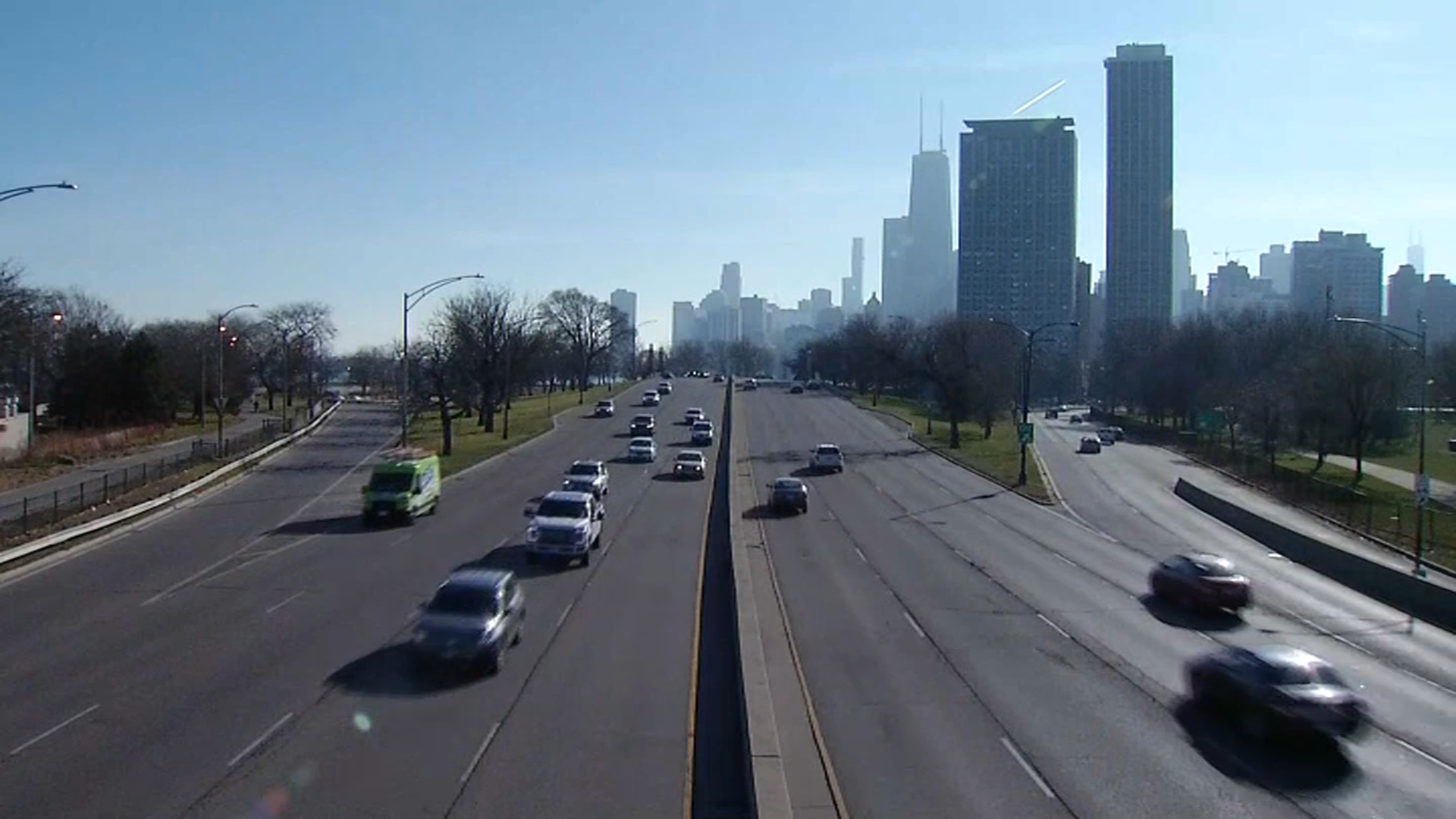The Sun-Times announced Monday it will no longer offer endorsements in elections:
Seventy-one years ago, Marshall Field III founded this newspaper to create a bully pulpit, on the editorial page, for America’s entry into the war in Europe and for President Franklin D. Roosevelt’s domestic agenda, the New Deal.
Somebody in the Midwest, Field believed, had to stand up and counter the isolationist and anti-Roosevelt fulminations of Col. Robert McCormick and his Chicago Tribune. […]
Those days are gone. Most good newspapers today attempt to appeal to the widest possible readership, including people of every political persuasion, by serving up the best and most unbiased news coverage possible…We have come to doubt the value of candidate endorsements by this newspaper or any newspaper, especially in a day when a multitude of information sources allow even a casual voter to be better informed than ever before.
The Atlantic Wire saw the announcement as an admission of newspapers’ irrelevance:
[T]he main reason the newspaper strangely (and tellingly) gives as to why its political endorsements are no longer merited is the fact that newspapers are no longer all that influential.
It’s a (somewhat depressing) acknowledgment of something readers, who vote for who they want regardless of who their favorite daily endorsed, already knew.
The Sun-Times, though, is not the only newspaper to refrain from endorsing as a matter of policy, though with a circulation for 419,407 (tenth in the country) it’s certainly one of the biggest. USA Today and the The Wall Street Journal generally don't endorse candidates for president, for example -- though The Journal came close in 2008.
Frank Sennett, publisher of Time Out Chicago, wonders on Twitter why the Sun-Times will even continue to publish editorials if it feels it opinions don’t sway readers:
Under the readers “told us you can make up your own mind” logic on ending political endorsements, shouldn’t S-T just kill editorials then?
S-T’s other argument is that endorsements don’t sway many votes. Under that logic, again, wouldn't you kill entire editorial page?
To stop endorsing candidates yet still “keep pushing” on issues is a logical disconnect on the basis of arguments S-T presents.
I've felt for a long time that most newspaper editorial sections are ineffectual relics of a bygone era anyway, but this is an odd decision.
Rich Miller of Capitol Fax, also agrees that the influence of newspapers is waning:
Local
As an outside (very low-paid) CS-T columnist, I’m not a member of the editorial board, so I wasn’t consulted. If I had been, I’m not quite sure what I would’ve said. I guess I can see both sides here. You endorse somebody (Rod Blagojevich, for instance) and then you carry the weight of that decision for years to come. On the other hand, might this not strengthen the Tribune’s influence over elections? Then again, newspaper endorsements haven’t meant much for several years now.
I don’t think any other daily newspaper in Illinois has ever made a decision like this. I doubt many will give up the perceived power and influence of their endorsements, but they’re fading anyway.
As the Sun-Times pointed out, it was founded as a partisan newspaper. When big cities had two or three or even four newspapers, there was inevitably a Republican newspaper and a Democratic newspaper.
The endorsements appealed to the prejudices of those readerships. Now that newspapers have to appeal to everyone, they’re less comfortable expressing opinions that might turn off half the customer base. The Tribune suffered a subscription backlash for twice endorsing George W. Bush. Despite its identity as “the Republican newspaper,” the Tribune endorsed its first Democrat for president in 2008, probably realizing that readers wouldn’t stand for a snub of Chicago’s own Barack Obama.
Just as there used to be multiple newspapers for multiple viewpoints, there are now multiple websites for multiple viewpoints: Democratic, Republican, Libertarian, socialist, etc. Readers no longer look to newspapers for opinions. They look to newspapers for facts and information-gathering. The Sun-Times is acknowledging that.

Buy this book! Ward Room blogger Edward McClelland's book, Young Mr. Obama: Chicago and the Making of a Black President, is available on Amazon. Young Mr. Obama includes reporting on President Obama's earliest days in the Windy City, covering how a presumptuous young man transformed himself into presidential material. Buy it now!



